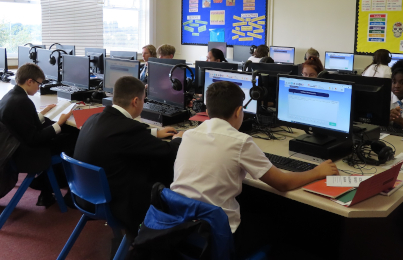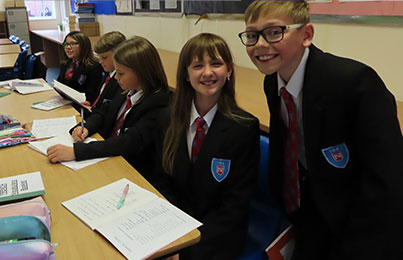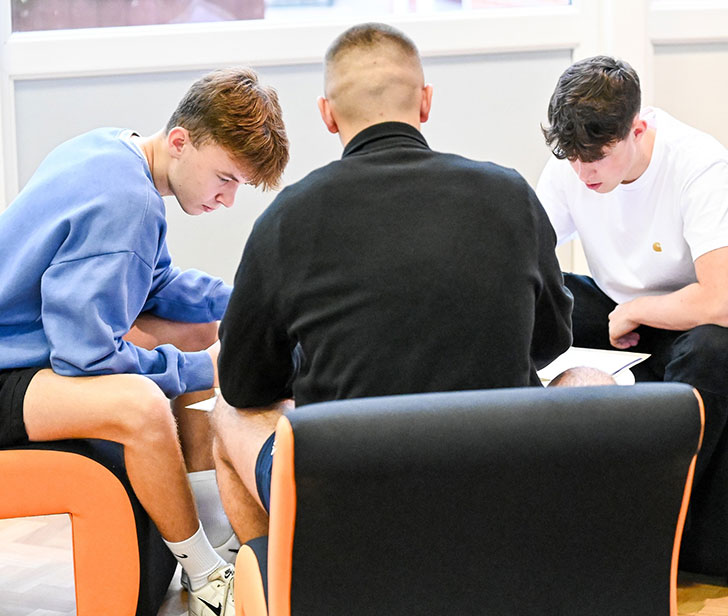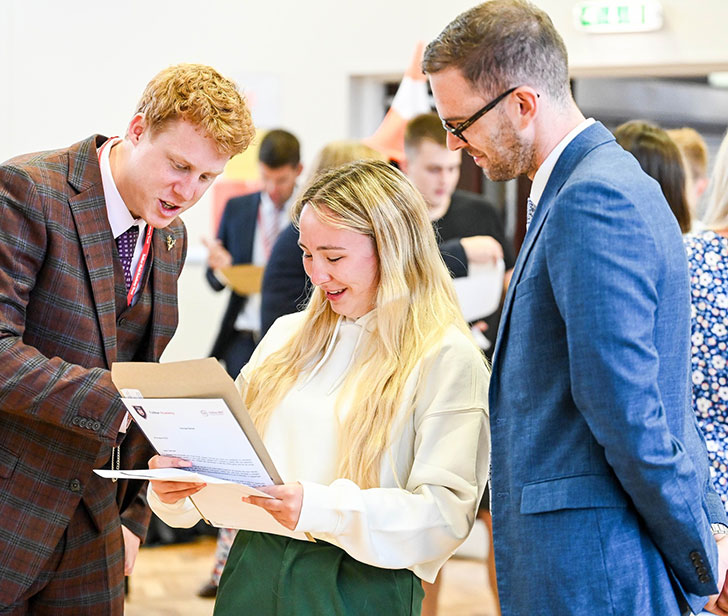Modern Languages
Curriculum Intent, Implementation & Impact
- Modern Languages
- Ethos & Values
- Knowledge & Skills
- Resources & Facilities
- Courses & Qualifications
- Learning Outside The Classroom
- Where Does This Take Me In The Future?
Modern Languages
Bienvenidos, Bienvenue, Benvenuti and Willkommen to the Modern Languages Curriculum Area at Waltham Toll Bar Academy.
Studying Modern Foreign Languages at Waltham Toll Bar Academy helps our students to develop the cultural knowledge and linguistic competences necessary to compete in the international arena.
Please explore these pages to find out more about what we offer.
Ethos & Values
- To enhance the students' experience of language learning through the effective delivery of the curriculum using outstanding resources;
- To encourage independent language learning with an international focus;
- To have consistently high expectations and match these with high quality resources and learning strategies;
- To provide a range of educational experiences appropriate to the age, ability and needs of our students;
- To adopt a philosophy of continuous improvement in all aspects of the delivery of all subjects within the Curriculum Area.
Knowledge & Skills
Students develop their four skills of listening, speaking, reading and writing in a variety of contexts to prepare them for language use in the global community. We cater for a range of different learning styles: visual, aural and kinaesthetic. There is scope for students' personal growth as learners, through active participation in class lessons and homework, which provides students with the ability to communicate effectively and with confidence, both orally and in writing, in a variety of styles and situations in the target language.
Students are encouraged to express personal opinions and communicate effectively in a range of 'real life' situations, for example, conducting business, ordering food in a restaurant, asking for information about a town, etc.
Resources & Facilities
Currently, there are seven language classrooms in the Curriculum Area, three of which are language laboratories, equipped with computers and specialist language learning software (Sanako). This sort of technology enables the students to work on their speech and pronunciation as well as interacting on a one-on-one basis with the teacher and other students. Of the remaining classrooms, several are equipped with Interactive White Boards. The whiteboards allow the teacher to produce highly motivating and interactive lessons which the students thoroughly enjoy. In addition to this, we provide the students with access to the language programme, LanguageNut, detailed vocabulary books related to their year of study, and the use of dictionaries to help enhance their own vocabulary.
Courses & Qualifications
Key Stage 3
Students in Year 7, 8 and 9 work on their language skills which provide them with a solid linguistic knowledge when working towards their GCSE in Key Stage 4.
Key Stage 4
GCSE in Spanish or French (Examination Board: AQA) - will be assessed in all four skill areas using traditional exams at the end of the course.
The assessment will be weighted:
- Writing examination - 25%
- Speaking examination - 25%
- Reading examination - 25%
- Listening examination - 25%
Key Stage 5
A Level French and Spanish (Examination Board: AQA)
- Paper 1 - listening, reading and writing - 50%
- Paper 2 - writing - 20%
- Paper 3 - speaking - 30%
Learning Outside The Classroom
Foreign Language Performances
Students are given the opportunity to watch visiting theatre companies perform in the language that they are learning at both Key Stage 3 and Key Stage 4. This is also an interactive experience, in which students are invited on to the stage to be a part of the performance and practise their language skills. This is always very positively received by the students, and is a fantastic opportunity for them to develop their linguistic abilities.
Where Does This Take Me In The Future?
- Provides opportunities for students who may wish to be employed in the world of Business;
- Provides transferable skills, knowledge and understanding for the ever-changing world;
- Motivates students via applied learning and continuous assessment;
- GCSE qualifications provide a springboard to Further and Higher Education.





